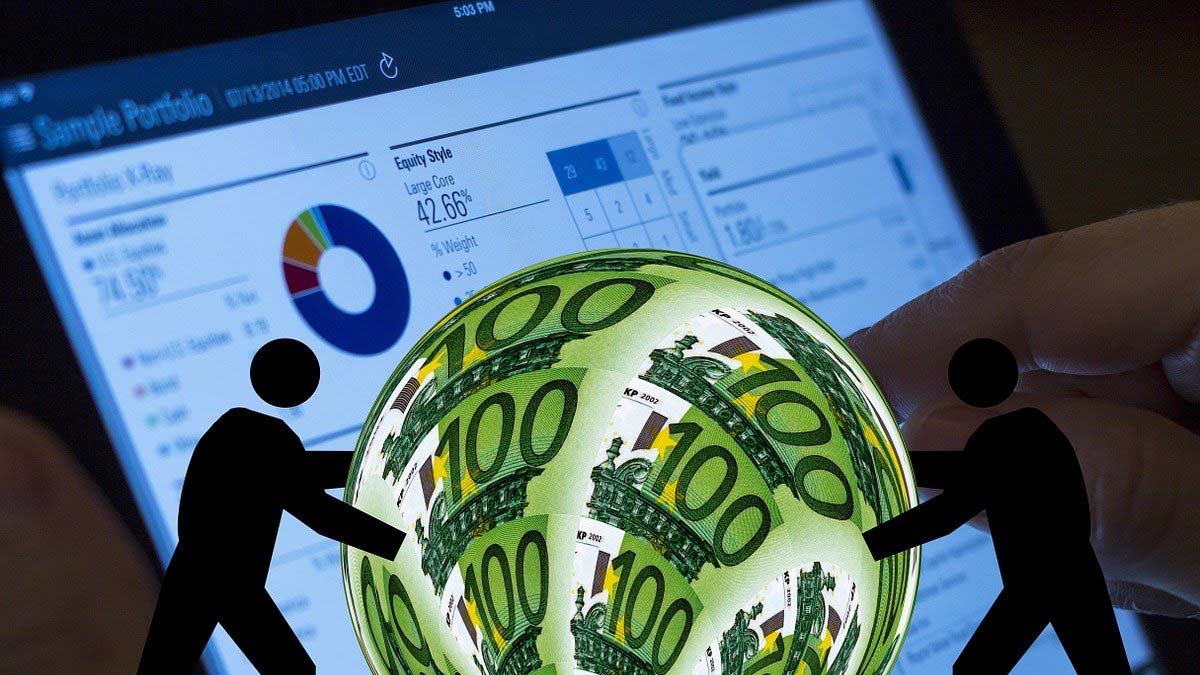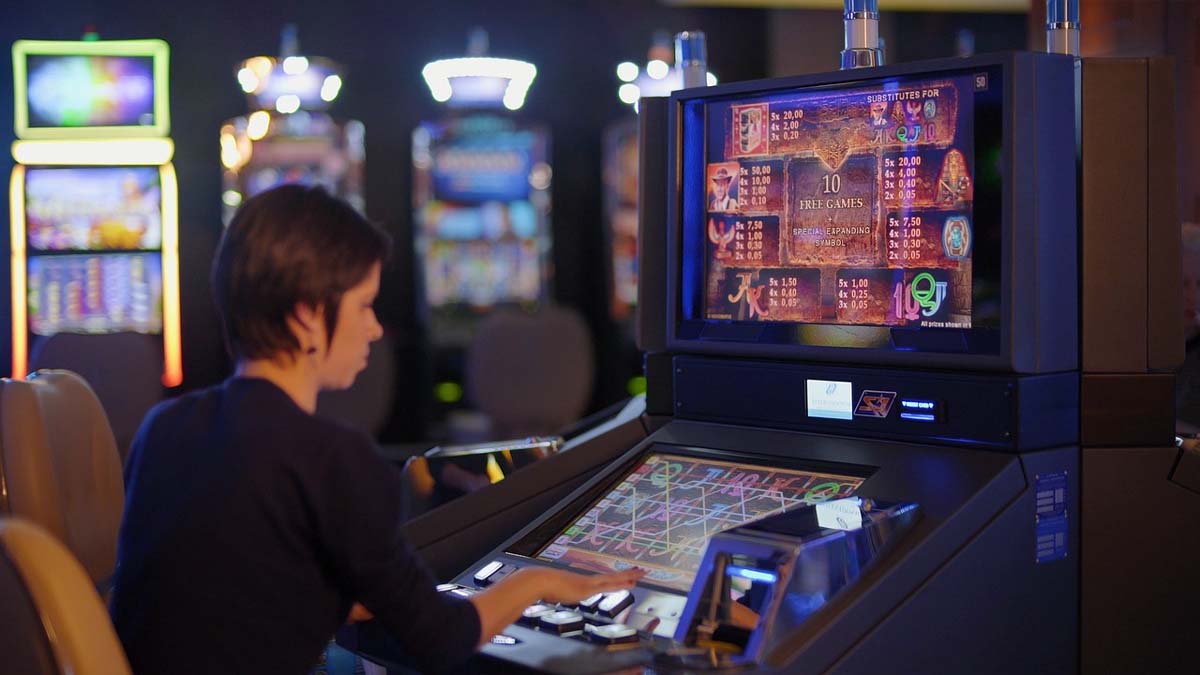Absolutebet to Tokenize Casino Assets Through Lemon Group Partnership
Absolutebet has announced its partnership with Lemon Group to convert a portfolio of its casino properties into digital tokens listed on the LEMONCHAIN network.
Both sides said the move follows months of work to align their technologies and regulatory approaches. The collaboration aims to be one of the first fully regulated tokenized casino ecosystems.
The two companies describe it as a milestone in merging traditional gaming operations with blockchain infrastructure.
Casino Properties Moving to the Blockchain
In the first phase, Absolutebet will tokenize its land-based casino properties and their digital counterparts.
Each property will be represented by digital tokens that offer fractional ownership or participation rights.
It’s designed to give investors access to a new form of participation in casino assets under existing gaming supervision, giving players and investors exposure to real casinos through blockchain.
These tokens will appear exclusively on the LEMONCHAIN Marketplace. The companies say the model maintains full compliance with existing local regulations.
The structure will allow Absolutebet to raise capital against tokenized assets. The first listings are expected in early 2026, followed by additional releases. Each stage will undergo regulatory review in every market involved.
Thomas Huggins, president of Royal Casino Group and Lemonchain partner, said the combined value of Absolutebet’s tokenized ecosystem could reach around $500 million once the system is fully live.
He said the partnership connects traditional casino operations with digital asset markets in a way that balances innovation and regulatory requirements.
With absolutebet, we are bridging the world of traditional casino entertainment and digital assets in a way that enhances both player experience and regulatory integrity.

Blockchain use in gambling is expanding beyond payment processing.
Other Integrations in the Pipeline
Beyond the first listings, Absolutebet and Lemon Group also plan to explore broader blockchain uses.
Early ideas include on-chain loyalty programs, tokenized player rewards, and decentralized payment systems to streamline operations.
The deal also integrates BOOST token, Lemon Group’s digital asset used for rewards and engagement across its network. BOOST will connect tokenized casino assets with player incentives and future gaming products.
Absolutebet received approval for an Ontario iGaming license in August and plans to launch there in late 2025 or early 2026. The company has said it will look to other markets once regulatory paths are established.
Both companies say this model shows how regulated gaming firms can adopt blockchain responsibility. They believe it will appeal to players seeking transparency and to investors interested in owning a portion of a real entertainment infrastructure.
Dr. Fahed AL Meraabi, chairman of Lemon Group, said:
Absolutebet represents a new standard for transparency and trust in iGaming, combining regulated operations with blockchain-based accountability.
Similar Developments in the Industry
The move by Absolutebet and Lemon Group comes as other gaming companies explore ways to merge asset ownership and blockchain technology.
Rollblock, another blockchain-based casino and sportsbook, has become one of the hottest crypto investment options in 2025. Its operations are built around its own token, RBLK.
The India-based platform has generated more than $15 million in wagers and distributes weekly rewards to token holders through a revenue-sharing system.
Another similar project is Rollbit, which uses its RollbitCoin (RLB) to connect players to the platform’s casino, sportsbook, and trading products.
RLB acts as a utility token, giving holders access to profit-sharing lotteries that Rollbit holds daily. Participants who stake their tokens receive a share of about 20 percent of the platform’s daily revenue across all operations.
These projects show how the gambling sector is expanding its use of blockchain beyond payments. They aim to tie digital ownership and financial participation more closely to real-world and on-platform performance.





